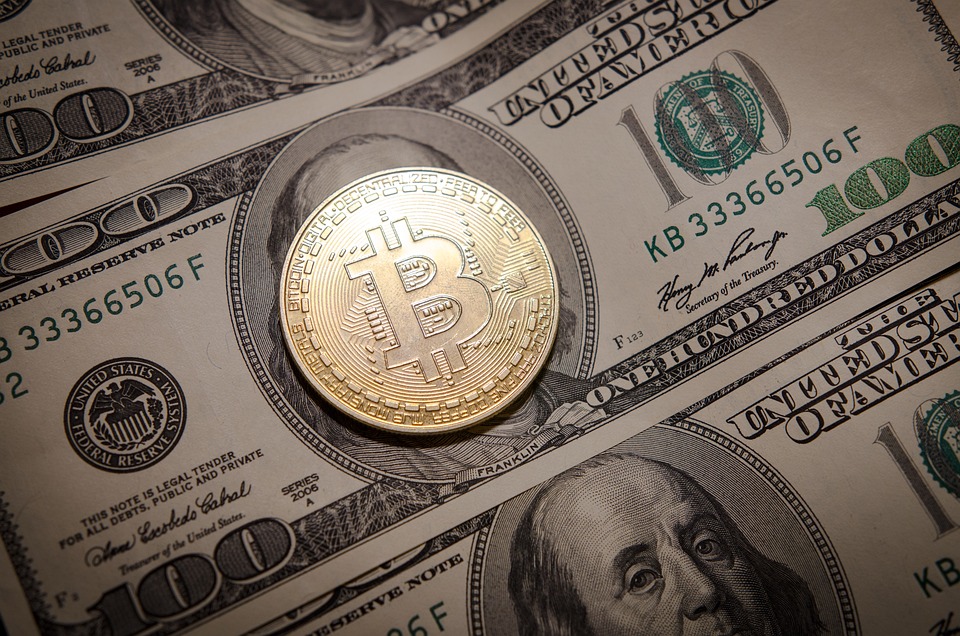Introduction
Cryptocurrencies have taken the financial world by storm, and one name that stands out in this digital revolution is **Bitcoin**. If you’re curious about this intriguing cryptocurrency, you’ve come to the right place. In this comprehensive guide, we will delve into the ins and outs of Bitcoin: What You Need to Know About the Cryptocurrency Craze.
What is Bitcoin?
Bitcoin is a decentralized digital currency, invented in 2008 by an unknown person or group of people using the name Satoshi Nakamoto. It operates on a peer-to-peer network and enables direct transactions between users without the need for intermediaries, such as banks. Bitcoin transactions are recorded on a public ledger called the blockchain, which ensures transparency and security.
The Rise of Bitcoin
Bitcoin has experienced a remarkable journey since its inception. Initially, it garnered attention from tech enthusiasts and a niche community. However, as the benefits and potential of cryptocurrencies became more evident, Bitcoin started gaining traction in mainstream society. Let’s explore some key factors that contributed to the rise of this cryptocurrency craze.
- Increased Financial Accessibility
Bitcoin opened doors for individuals who were previously excluded from traditional financial systems. With a smartphone and internet access, anyone can participate in the Bitcoin network, irrespective of their location or socioeconomic background. This inclusivity has fostered a global interest in Bitcoin and fueled its popularity.
- Limited Supply
Unlike traditional fiat currencies, Bitcoin has a finite supply. There will only ever be 21 million Bitcoins in existence, making it a scarce asset. This scarcity, coupled with growing demand, has led to a significant increase in Bitcoin’s value over time.
- Decentralization and Security
One of the core tenets of Bitcoin is its decentralized nature. It operates independently of any central authority, making it resistant to censorship and government interference. Moreover, Bitcoin’s underlying technology, blockchain, provides robust security features, ensuring the integrity and immutability of transactions.
- Media Attention and Celebrity Endorsements
Bitcoin has frequently made headlines, capturing the attention of mainstream media outlets. Additionally, notable figures, including entrepreneurs, investors, and celebrities, have publicly endorsed Bitcoin, further fueling its popularity. This media exposure has attracted more people to explore the world of cryptocurrencies.
- Potential for High Returns
Bitcoin’s volatile nature has resulted in substantial price fluctuations. While this volatility may present risks, it has also attracted investors seeking high returns. Bitcoin’s history has shown periods of rapid growth, making it an appealing investment option for those willing to embrace its inherent risks.
How Does Bitcoin Work?
To understand Bitcoin, it’s crucial to grasp the underlying technology and mechanisms that power this digital currency. Let’s dive into the key components and processes involved in Bitcoin transactions.
- Blockchain Technology
Bitcoin operates on a decentralized public ledger called the blockchain. The blockchain records all Bitcoin transactions chronologically, creating a transparent and immutable transaction history. Each block in the chain contains a set of transactions, which are validated by network participants known as miners.
- Mining and Transaction Validation
Mining is the process through which new Bitcoins are created and transactions are verified. Miners compete to solve complex mathematical problems, and the first miner to find a solution earns newly minted Bitcoins as a reward. This process not only secures the network but also verifies the legitimacy of transactions.
- Wallets and Addresses
Bitcoin wallets allow users to store, send, and receive Bitcoins. Each wallet is associated with a unique Bitcoin address, which serves as a destination for receiving funds. Wallets can be software-based (stored on a computer or smartphone) or hardware-based (stored on a physical device). Private keys are used to access and authorize transactions from these wallets.
- Peer-to-Peer Transactions
Bitcoin enables peer-to-peer transactions, eliminating the need for intermediaries. When a user initiates a transaction, it is broadcasted to the network, and miners validate its legitimacy. Once verified, the transaction is added to the blockchain, and the recipient’s wallet balance is updated accordingly.
- Transaction Fees
To prioritize their transactions, users can attach transaction fees. These fees incentivize miners to include transactions in the blocks they mine. The higher the fee, the more likely a miner will prioritize the transaction. Transaction fees vary depending on network congestion and the urgency of the transaction.
FAQs About Bitcoin
FAQ 1: Is Bitcoin Legal?
Bitcoin’s legality varies from country to country. While some nations have embraced cryptocurrencies and established regulatory frameworks, others have imposed restrictions or banned them outright. It’s crucial to familiarize yourself with the legal status of Bitcoin in your jurisdiction before engaging in its use.
FAQ 2: Can Bitcoin be Hacked?
While the Bitcoin network itself has proven to be highly secure, individual Bitcoin wallets can be vulnerable to hacking attempts. It’s essential to use reputable wallet providers and employ strong security measures, such as multi-factor authentication and encryption, to protect your Bitcoin holdings.
FAQ 3: Can I Lose My Bitcoins?
Bitcoin holdings can be lost if users lose access to their wallets or private keys. Without these essential components, it becomes nearly impossible to recover lost Bitcoins. It’s vital to back up your wallet and store private keys securely to prevent any potential loss.
FAQ 4: How Can I Buy Bitcoins?
There are several ways to acquire Bitcoins. Users can purchase them on cryptocurrency exchanges, where they can trade fiat currencies for Bitcoins. Additionally, peer-to-peer platforms allow individuals to buy Bitcoins directly from other users. It’s crucial to choose reputable platforms and exercise caution when conducting transactions.
FAQ 5: What Determines Bitcoin’s Price?
Bitcoin’s price is determined by various factors, including supply and demand dynamics, market sentiment, regulatory developments, and macroeconomic trends. The decentralized nature of Bitcoin and its susceptibility to market speculation contribute to its price volatility.
FAQ 6: Can I Use Bitcoin for Everyday Purchases?
While the acceptance of Bitcoin as a means of payment has increased over the years, it is still not as widely adopted as traditional fiat currencies. However, some online and physical merchants accept Bitcoin as a form of payment. Payment processors and wallet providers have also introduced solutions to facilitate Bitcoin transactions in everyday life.
Conclusion
Bitcoin has undoubtedly made a significant impact on the financial landscape, captivating the attention of individuals and institutions worldwide. Understanding the basics of Bitcoin, its underlying technology, and the factors that contribute to its popularity is essential for anyone venturing into the cryptocurrency space. As Bitcoin continues to evolve, staying informed and adopting best practices will enable you to navigate this fascinating world with confidence.




